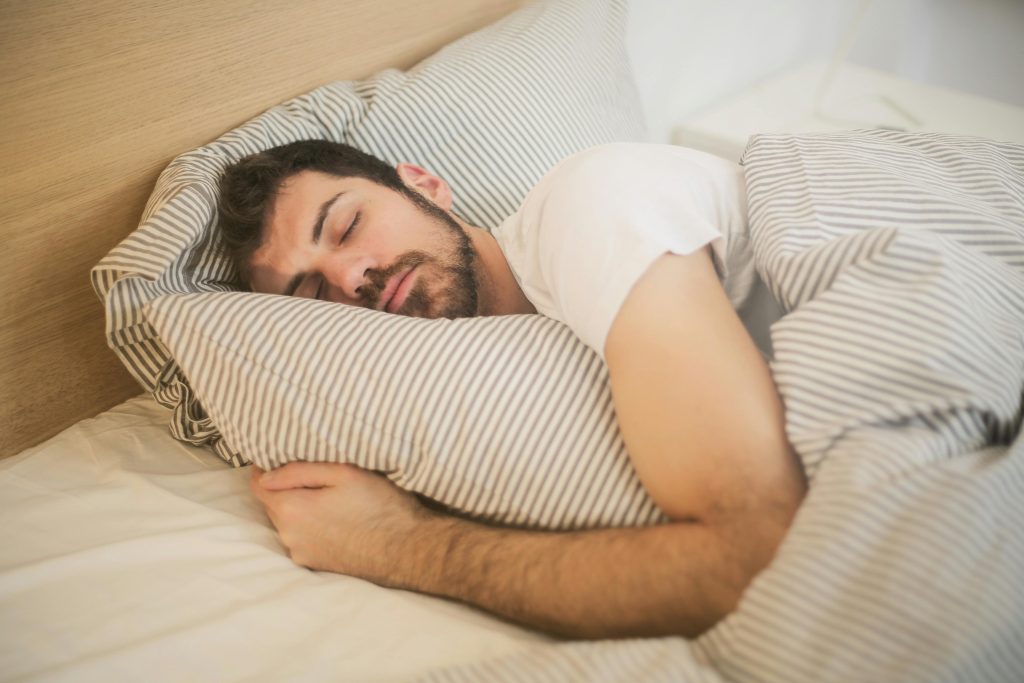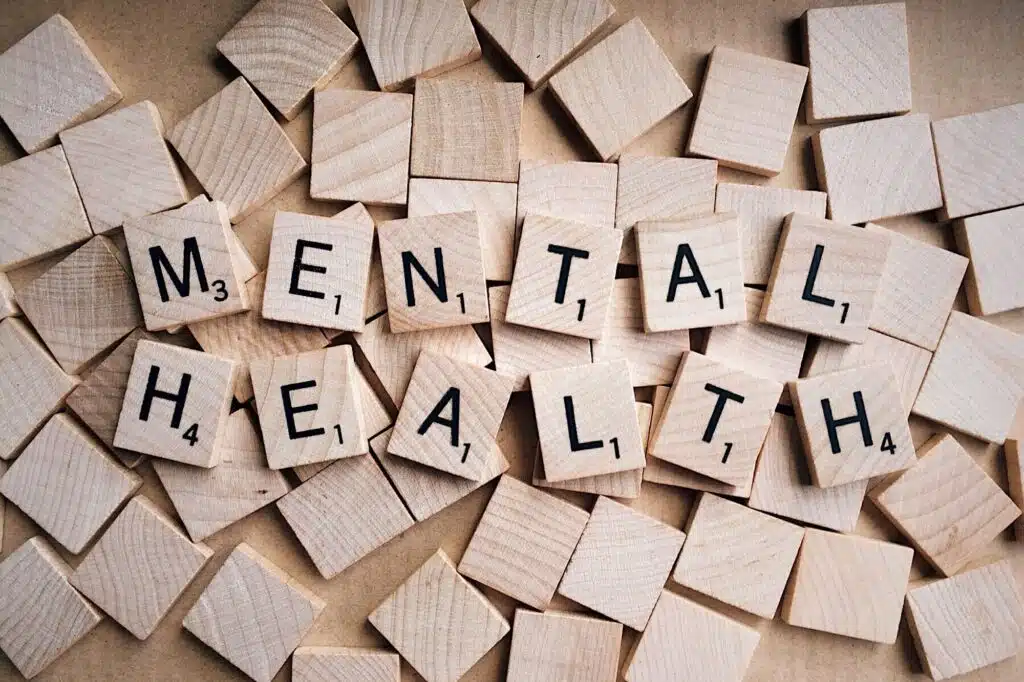Why Sleep Is the Most Ignored Medicine We All Need

Honestly, we don’t talk enough about sleep. Everyone’s running after new diets, supplements, workouts, and fancy health routines — but barely anyone talks about the one thing that literally fixes half of your health problems for free: proper sleep.
I get it, life’s busy. You scroll your phone at night, tell yourself “just one more video,” and before you know it, it’s 2 a.m. Then you wake up tired, cranky, and somehow expect coffee to save your life. But here’s the truth — nothing replaces sleep. Not caffeine, not motivation, not even the best diet in the world.
How Sleep Affects Your Body
Sleep isn’t just about resting. It’s when your body repairs itself. Your brain organizes memories, your muscles recover, and your hormones balance out. When you skip sleep, you’re basically telling your body, “Hey, no time to fix yourself today.”
That’s why lack of sleep makes you feel foggy, moody, and drained. Your immune system weakens, your focus drops, and even your appetite goes out of control — ever noticed how junk food suddenly looks 10x better when you’re sleep-deprived? Yeah, that’s your brain asking for quick energy because it’s exhausted.

Sleep and Mental Health
Now this part is serious. When you don’t sleep well for days, it doesn’t just make you tired — it messes with your mood big time. Anxiety, stress, and even depression are all linked to poor sleep.
Your brain needs downtime to reset emotions. Without that, even small problems start feeling overwhelming. You might start snapping at people, losing motivation, or overthinking everything — all because your brain hasn’t had a proper “night shift” to clean up the mess.

The 3 Things That Kill Sleep
Most people think “I can’t sleep” means something is wrong with them, but usually it’s the habits. Here are the main culprits:
- Screens before bed: Your phone light literally tells your brain it’s still daytime. So your body delays melatonin (the sleep hormone), and you stay wide awake.
- Caffeine too late: Coffee after 5 p.m.? Bad idea. Caffeine stays in your system for hours. You might feel “fine,” but it’s quietly blocking your deep sleep.
- Inconsistent timing: Sleeping at random hours confuses your body clock. You can’t fix your sleep if you keep changing your bedtime every night.
Fixing It (Without Overcomplicating Things)
Here’s what actually works — and I’m not talking about expensive routines or sleep apps.
- Go to bed and wake up at the same time daily, even on weekends.
- No screens 30 minutes before bed.
- Keep your room dark, cool, and quiet.
- Avoid heavy meals or caffeine at night.
- If you can’t sleep, don’t stress about it — just get up, read something boring, and your brain will eventually give up and let you sleep.
Simple stuff, but most people just don’t do it.
Why It Actually Matters
Think about it — we spend one-third of our life sleeping. That’s not wasted time; that’s your body doing maintenance. People who sleep well think clearer, work better, and stay healthier for longer.
We all say we want a “healthier lifestyle,” but before jumping into diets or gym memberships, maybe start by just going to bed on time. Because no matter how good your routine is — if you’re running on 4 hours of sleep, you’re basically sabotaging yourself.
Sleep is not lazy. It’s medicine. You just have to take the right dose — every night.